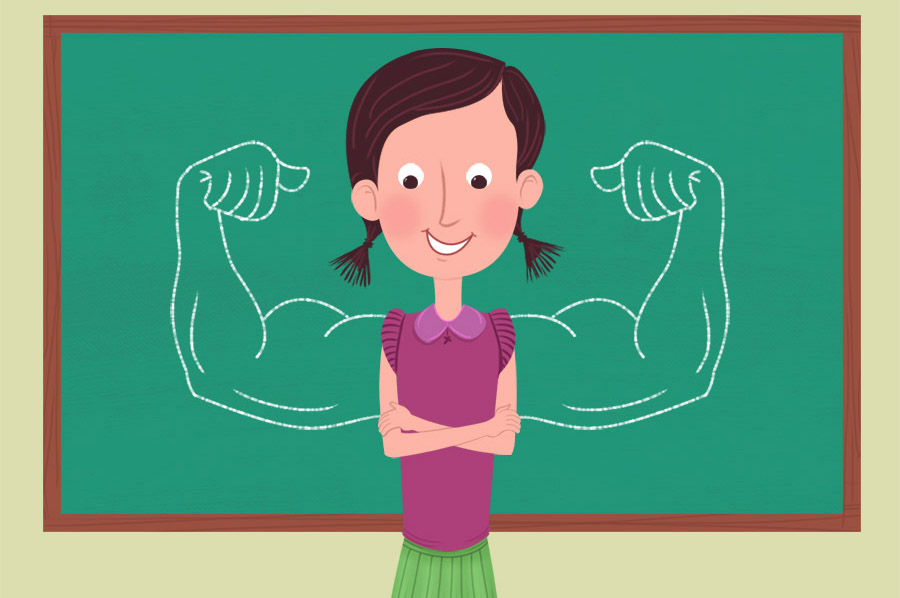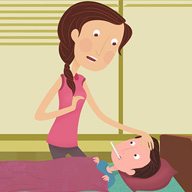Growing up, children need all the support they can get and from every avenue in their lives. As parents, it is important to be aware of behaviour that boosts as well as inhibits your child's sense of self-confidence.
Many children mirror the actions of their parents and somewhere along the line, develop senses of self-based on their parents. The relationship may not be as direct as it is being implied – but children do mimic negative senses of selves they see around them. Parents must model a sense of self-love and self-support, which they, in turn, pass on to their children. It is the sense that first and foremost, they have to love and believe in themselves. If examples around them are not exhibiting that behaviour, what chance does a child have to develop that habit?
Parents also need to get out of the habit of rescuing their children. It is an instinct to come to the aid of your child when they need you. However, children themselves need to understand that they must come to their own rescues and learn to pick themselves up. Success and more importantly, failure, is a large part of life. It is up to parents to support the belief that failure in itself is not the end of the world. Failure plays an important role in developing a child's self-confidence. Picking themselves up after falling is equally important.
Compliments are a crucial part of reminding your child that you believe in and support them. However, be careful of the kind of compliments you choose to shower on your child. Children also need to feel a sense of challenge when it comes to their abilities. They do become aware when parents give them compliments without either truly meaning them or making them sound vague. This is not to say that children should not be complimented. Rather, be specific in your compliments. For example, when your child has created a drawing, rather than complimenting the drawing as a whole, possibly complement a particular figure or choice of colour.
Confidence in a child begins from the support they receive at home. A nurturing environment goes a long way in creating a well-rounded adult. In due course, they build their senses of self, but till then, it is the role of the parent to provide the positive support they need to grow.







